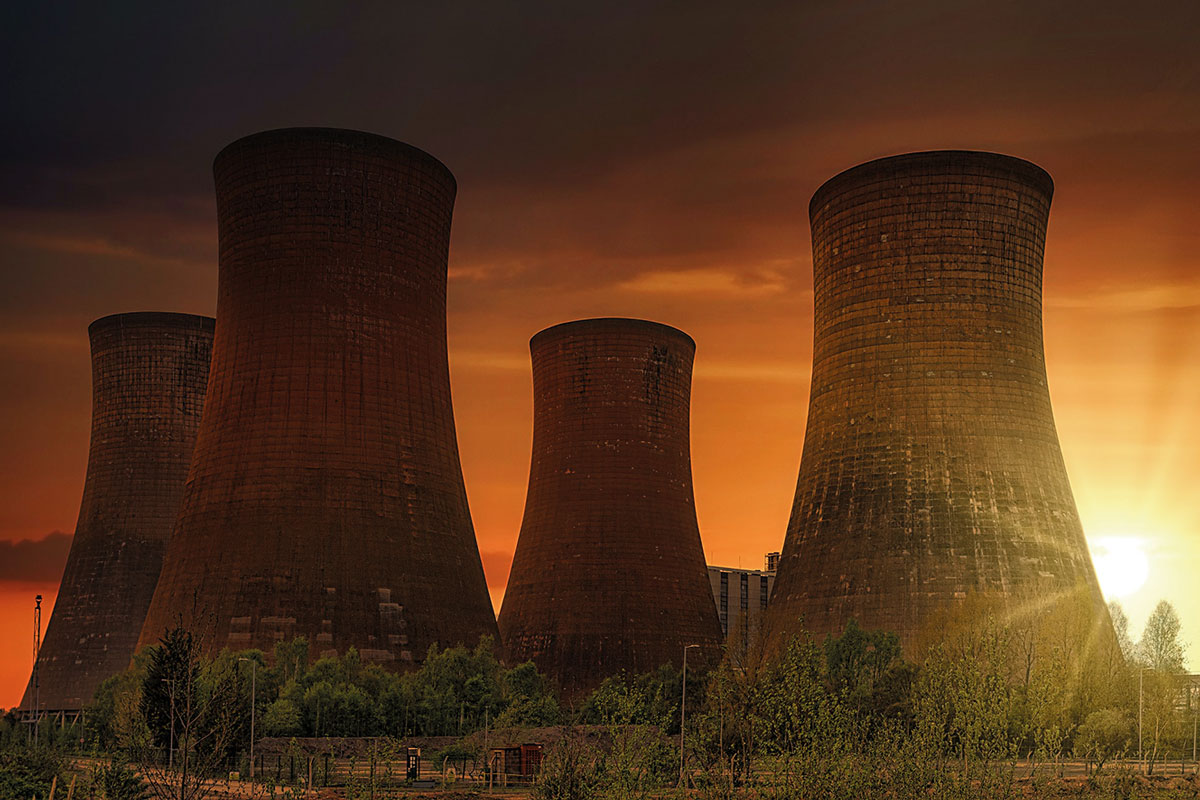
Recent months have seen a revitalisation of the nuclear debate. Global warming lustily fuels the desires and proposals of those who see nuclear energy as a solution and rebel against bad publicity, moratoria, and political vetoes. Are they right? Have we rejected this form of energy for reasons that have no scientific basis and for ideological reasons, as its advocates relentlessly claim?
First of all, a brief note on science and politics. One should always be wary of those who claim to seek the best for society on the grounds that «science» – that conveniently quoted fantasy – proves them right. Science is not produced in a vacuum, and while certain scientific findings or fundamental laws are not susceptible to tampering, research is subject to the human imprint: personal obsessions, economic constraints, and social or hierarchical command. Those who claim to do things «without ideology» are unwilling to confess their own, which all too often tends to be a very specific one.
Nuclear energy is safe; much safer than natural gas, oil, or coal. It causes far fewer deaths per installed power unit by far. Yes, even if you factor Chernobyl or Fukushima into the equation. I am afraid writing those words will already make me a pronuclear shill in certain circles. But let’s face it: the matter of safety is entirely superfluous to the calculations at hand.
The European Union has decided that nuclear energy is green (and so is gas, but that is an entirely different matter) and the advocates of nuclear energy, aligned with the political spectrum ranging from the right to the extreme right (correlation and causation?), have sensed that this was their chance to make themselves heard. You may think that they are indeed right, and that which party supports nuclear reactivation is irrelevant. But the fact remains that there is a hyaline connection, which I will summarise with the fact that, in this sort of slow and very expensive investment (as is the case with nuclear power), only major companies in the energy oligopoly can compete. And they will only do so if the state – which they rant about when regulations are not to their liking, but to whom they turn to if things get ugly – guarantees to cover losses and accidents. Not to mention that nuclear has a huge potential to harbour various corrupt practices, given the scale and the recurrent and massive cost overruns.
Nuclear power plants are very slow to plan and build, extremely expensive, and are based on a finite resource, uranium. This immediately disqualifies them from being a mainstay of the energy transition, which must be rapid (remember that according to the IPCC, we need to drastically decarbonise before 2030), economically viable, and renewable. And last but not least, it must be democratic. The deployment of solar panels or wind turbines has the capacity, if done well, to meet the demands, expectations, and perspectives of the people who live in the area where it will be installed. It is a manageable form of energy, which can be implemented on a small scale, on rooftops, urban parks, or plots of land, and which also allows us to reverse the use of the land if we decide in a couple of decades that we want to grow lettuce or build a park. Nuclear power does not. It perpetuates an outdated, fossil, centralised model that gives profits to the big companies that have brought us into this climate catastrophe. It strengthens anti-democratic and class-based power structures, reinforcing inequality, eroding democratic principles and ignoring the opportunity cost of implementing other energy or social policies. It is, in short, profoundly ideological – who would have thought!





